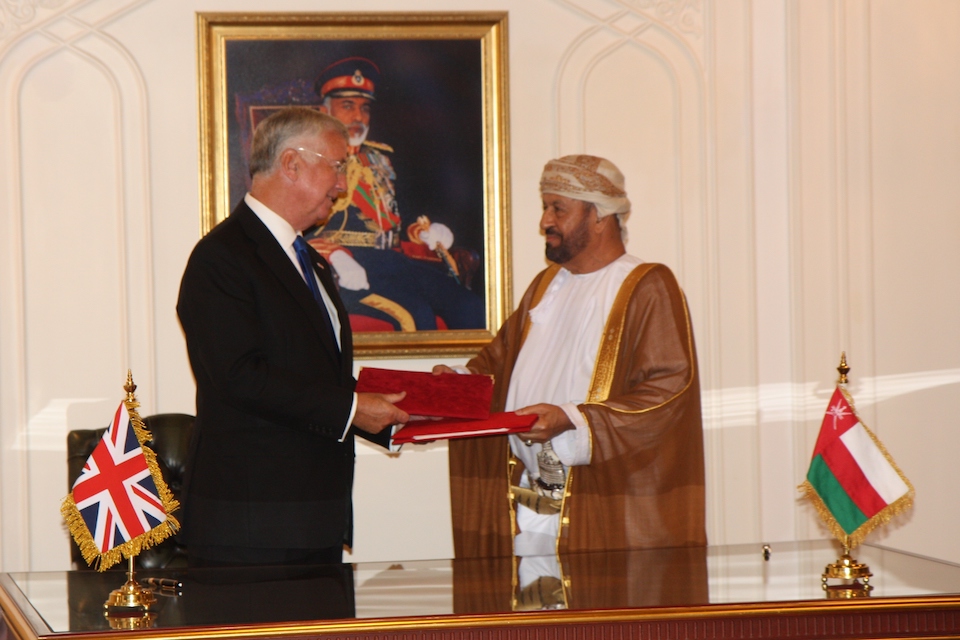News story: UK agrees new military training programme with France
The Defence Secretary will agree the new programme of UK-French training during his first bilateral meeting with Florence Parly, the newly appointed French Minister for the Armed Forces in Paris later today.
In September, over 1,500 British soldiers from 16 Air Assault Brigade will be joined by troops from 11eme Brigade Parachitiste on NATO exercise Swift Response in Bulgaria, Hungary and Romania. Meanwhile, French troops also plan to join 1,000 UK personnel from 3rd Battalion, The Parachute Regiment on Exercise Askari Storm in Kenya in November, training on the prevention of instability and the spread of violent extremism.
During the visit, the Defence Secretary will also praise the French troops who have been deployed to Estonia as part of the UK-led enhanced Forward Presence battalion in the country since April this year.
Defence Secretary Sir Michael Fallon said:
The UK and France have a long enduring relationship and that will continue as the UK leaves the European Union.
We are deployed together in NATO, fighting against Daesh in Iraq and Syria and training together across the globe.
This announcement is the latest in a string of partnerships that highlight the enduring strength of the UK-French defence relationship.
Earlier this year, the UK and France signed a €100million agreement to develop future long range weapons and are working together on an unmanned combat air system. And as the UK prepares for HMS Queen Elizabeth to reach operational capability in 2020, France is expected to play her part in supporting the Carrier Strike Group, as the UK did with the French carrier Charles De Gualle in the Gulf during 2015 when HMS Kent was integrated into her task group.
The UK and France also run a personnel exchange programme. Improving how we work together, there are currently over 40 personnel working in reciprocal roles across the three services.
The Defence Secretary has also announced that the RAF Red Arrows will start their European and Gulf tour in France on 15th September, Battle of Britain Day, with a flypast in Cannes.
